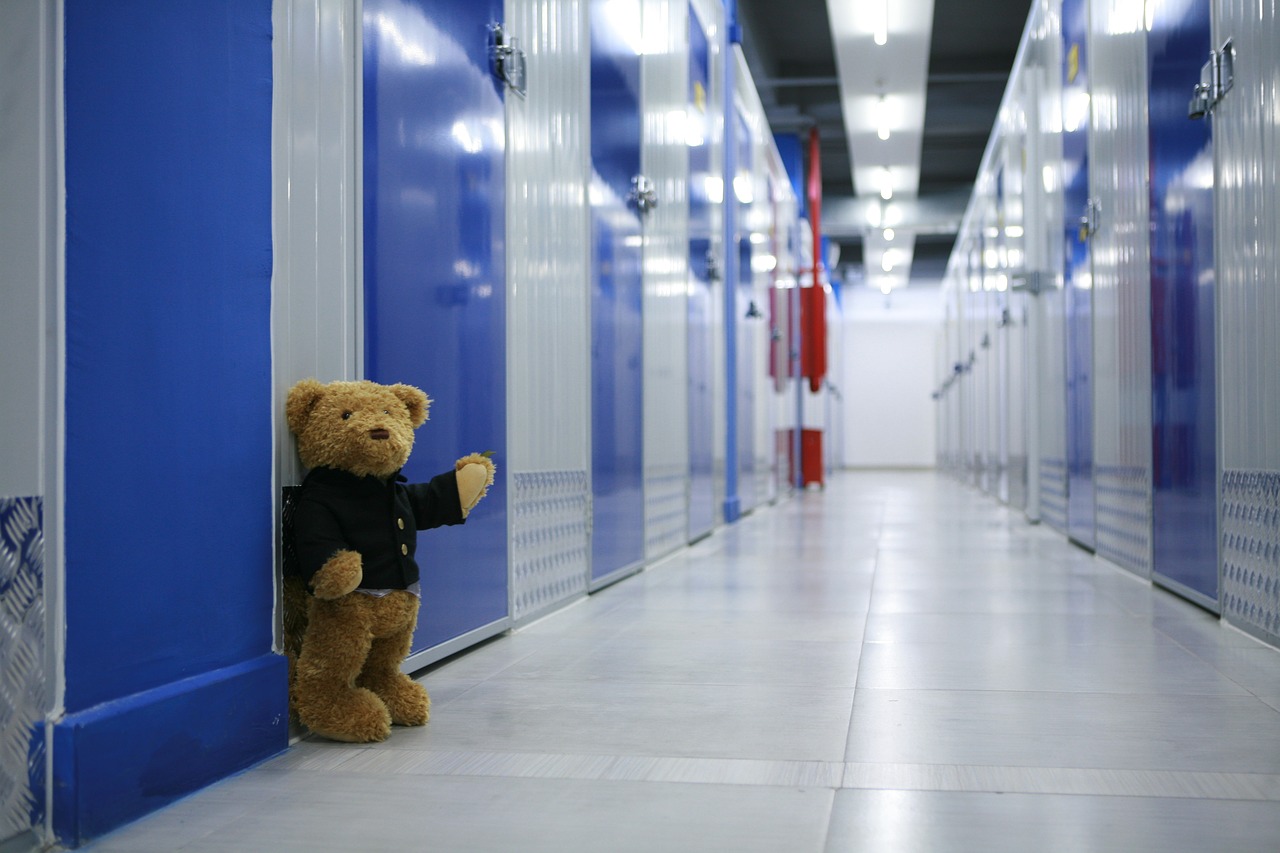Storage Tips for Self Storage | 10 Tricks for Making the Most of Your Space

When you’re looking for a way to store your possessions during a move, a storage unit might be your best option. Storage units offer you space when you need some extra space year-round or simply for a short time. But you’ll save yourself time and money if you do some planning and are on a timeline.
Here are ten tips for how to move into a storage unit.
1. Plan how to choose a storage unit.
When you’re choosing a storage unit, one of the first things you should do is determine how much space you will need. Plan to have some extra space so that you can get to the things you need rather than needing to reach something in the back that you can’t get to because the unit is jam-packed.
You’ll also need to decide if you need an indoor storage unit that’s temperature controlled or if a regular outdoor unit will work for your purposes.
Finally, check out the storage unit company’s reputation and their policies.
2. Consider storing with a moving company.
Some moving companies have their own storage units, which allows you to store the items that you can’t quite part with but won’t need for quite some time. Moving companies shrink wrap your items, then you can later request to have them delivered to you.
If having someone else deliver to you sounds great, this might be the option for you. On the other hand, if you want to be able to go to the storage unit whenever you want, this isn’t the right option because these companies usually don’t offer that option.
3. Have a realistic idea of how much space you’ll need.
Many people aren’t good at visualizing how much room their possessions will need. If you can, go through your house and pull out anything you will want in storage.
Then, put them all in one area of the house or garage so that you have a better idea. You can also tape measure the amount of floor space your possessions use.
4. Pack properly.
When you’re moving your things into a storage unit, you should make sure that you take the time to pack them so that they won’t be damaged. You should bubble wrap all breakables. Also, make sure that you use containers that will protect your items from water or damage from insects and animals if you plan on using an outdoor storage unit.
Plastic totes are a great option to keep water out in case of flooding because, even if the storage company is insured, it’s still impossible to replace some items.
5. Make labels.
One of the biggest time savers that you can do is to label all of your storage bins. This will save you from having to open every tote as you’re looking for one particular item.
You might even want to make a list of everything in the tote and put it in a clear, plastic bag.
6. Store in an organized fashion.
When you’re packing things into the storage unit, make sure that you leave a path to the back and that everything is secured so that it doesn’t fall when you’re moving things. If you can, you should also store like items with like.
7. Clean everything before you store it.
Clean both your storage unit and all of your belongings before you move everything in. Pay special attention to upholstered furniture. Furniture, household items, and clothes that you don’t often use can attract insects and cause mold.
8. Take everything apart.
Taking apart your bookshelves, tables, and chairs with detachable legs, bed frames, and other items that you can disassemble will help prevent damage and make more room in your storage unit.
9. Cover your upholstered furniture.
But don’t use plastic. It can trap moisture, which could cause mildew and mold. Use moving pads or blankets instead.
10. Don’t store these.
According to this moving and storage company, items prohibited by most storage facilities include:
- Perishable food and food that’s not in sealed containers. Spoiled food and bags and boxes of food attract insects and rodents. Many storage facilities prohibit canned food, too, because the cans can get hot and explode.
- Toxic materials, including fertilizer and cleaning products that contain chlorine bleach or ammonia. Kerosene and solvents like acetone and paint thinner are usually not allowed either.
- Weapons and ammunition are dangerous in most storage facilities. If you can’t store your guns safely at home, ask the police department what to do with them.
- Flammable or combustible items, like gasoline, paint, oil, grease, and propane. If you store one of these and it explodes, you’ll be in deep trouble!
When you want to store items for later, a storage unit might be just the solution that you’re looking for. Take the time to plan, and you’ll find your possessions later more quickly and in better condition.
Leave a Reply